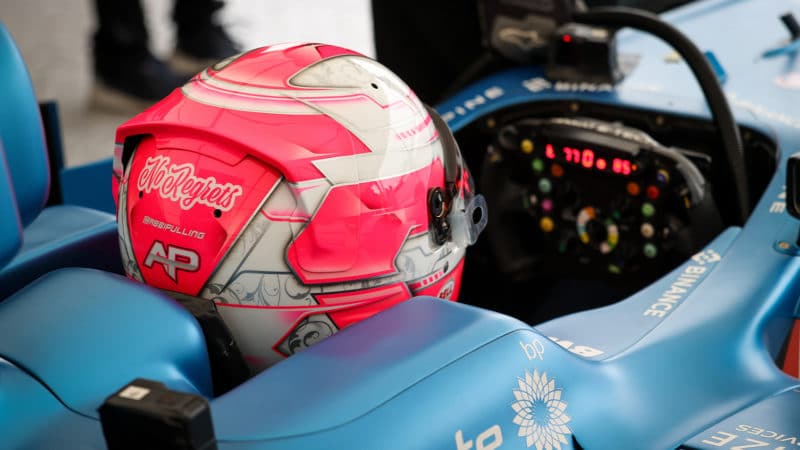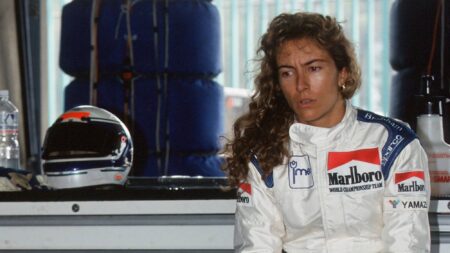“Too often female talents are spotted and supported too late to pursue a long-term career at the highest level,” says Alpine. “Very few women have the financial support to make it through the ranks, nor the career guidance or pathways if they do get to the upper levels.”
The team, is looking to avoid these obstacles by recruiting karters “from an early age” and providing “significant and realistic financial support at each stage of their career”. A possible scenario envisages them racing in F4 in 2027, progressing to F2 by 2031, and then moving to F1 a year later.
A specific female-focused training programme will also be developed. “Some sports demonstrate that females are successful by following alternative physical training programmes and developing different skill sets to achieve similar levels of success to their male counterparts,” Alpine said. “We will work with experts in the field to analyse the precise, but very bespoke, attributes needed to ensure each individual’s peak condition within an F1 car.”
The programme will be run by Alpine’s Academy, and project manager Julian Rouse, said it would give women the same opportunity to succeed as men. “I completely believe there is no valid reason why a woman cannot make it to F1,” he said. “Not just make it to F1, but to prosper within the sport.
“What has been missing, however, is a solid plan and long-term investment. What we intend to do with the Rac(H)er programme is to invest in each element it takes to make an F1 driver; physical fitness, mental agility and a clear pathway. It is a completely equal treatment to that already demonstrated by and for male drivers, but with the results of each step able to be tailored to each individual to fully realise their potential.”
Females only make up 12% of the current Alpine F1 workforce and the Rac(H)er programme will also see greater support of students and new recruits to increase diversity with the aim of boosting that proportion to 30% within five years.
Earlier this month, Alpine said that it was working to combat a male-dominated culture of “banter” among employees.
Several other teams are also taking similar steps. McLaren is investing in education and mentoring to promote F1 as a career option for under-represented groups, while Mercedes has partnered with the Stemettes social enterprise to encourage more female students in to motor sport. Ferrari already has two female drivers, Laura Camps Torras and Maya Weug, in its Driver Academy.


